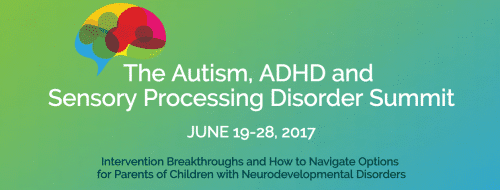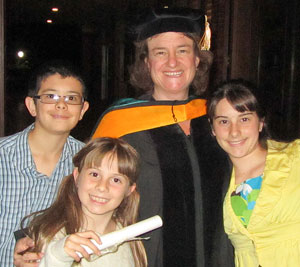As seen on ADDitudeMag.com – Rhythm Notion: 10 Benefits of Music for ADHD Brains
The benefits of music are wide-ranging and well documented. From teaching empathy and improving memory and concentration, to helping track time and easing emotions, music can change the life of a child with ADHD. Here, learn how lyrics, rhythm, melody, and tempo work their magic.









